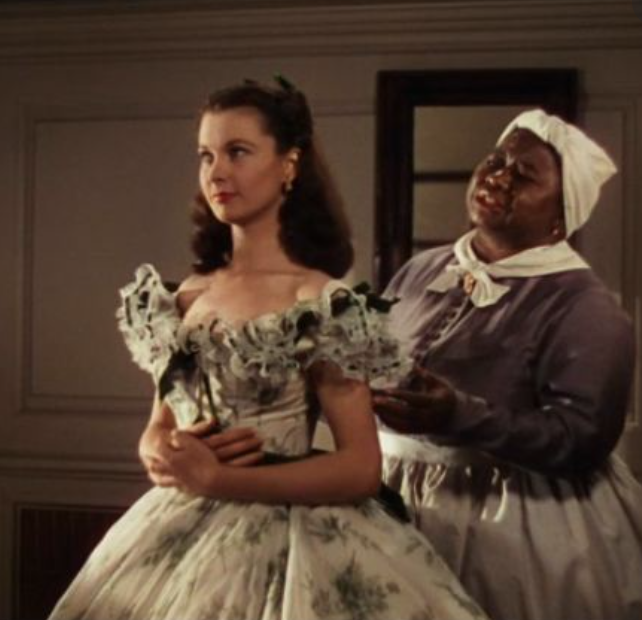Philip O’Ceallaigh
Project 1: Catholic Guilt
A Foucauldian analysis of The Imposition of Irish Catholic Nationalism on Film Censorship in the Early years of the Irish free state from the years 1920 to 1940
This thesis focuses on the critical and investigative hypothesis of Scientia Sexualis theorized by Michel Foucault in his book The History of Sexuality and applies it to the system of film censorship conceived by the Irish government and the Irish Catholic church at the beginning of the Irish state from 1920 to 1940. It examines how the long-term effects of censoring certain content relating to the body in films reinforced and imposed upon the Irish people the government's interpretation of the national Irish identity which was deeply imbedded with Catholic ideology. This system of removing scenes from films or banning a movie entirely, in effect created a power structure where the output of information and knowledge was predetermined so that information served to uphold a political agenda. To assess the outcomes of this censorship system, this thesis will analyse how James Montgomery, the first official film censor of Ireland, edited scenes from the following films: Gone With the Wind directed in 1939 by Victor Fleming, Dishonored directed in 1931 by Josef Von Sternberg, Four Frightened People directed in 1934 by Cecil B DeMille, Gold Diggers of 1933 directed in 1933 by Mervyn LeRoy, Paramount on Parade directed in 1930 by Edmund Goulding, The Jazz Singer directed in 1927 by Alan Crosland and the short film series Tarzan the Mighty directed in 1928 by Jack Nelson and Ray Taylor. This thesis will compare these films by looking at how their censorship may have been similar or the contradictions that may have occurred when removing their content whilst also studying the justification for their censorship was given by Montgomery. In order to understand these decisions this thesis will begin by contextualizing the time to which these films were released and why the Irish identity promoted by the Irish government was so heavily influenced by the Catholic Church. Piety and adherence to Catholic values was seen as integral to public order, which the Irish government and Irish Catholic church felt was under threat by the broad range of ideas and conflicting ideologies that could be viewed in cinema. This thesis will argue that the system of censorship that the Irish government conceived alongside the Catholic church practiced what Michel Foucault would have defined as Scientia Sexualis.



 Home
Information
Archive
Home
Information
Archive